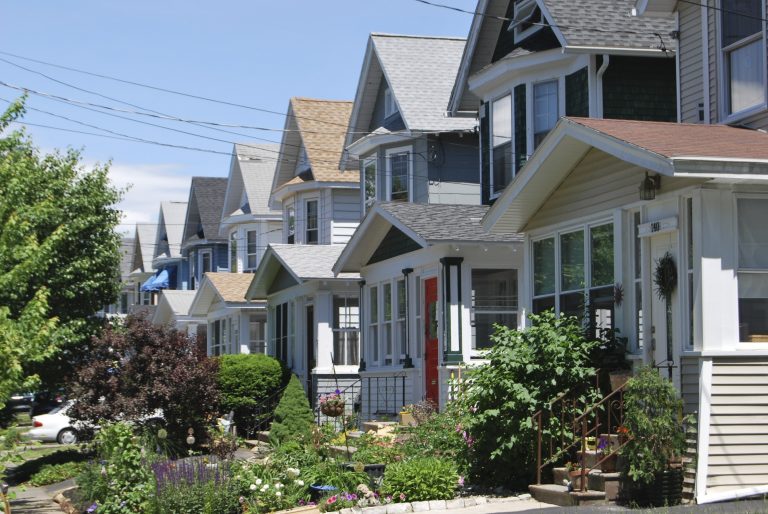Published on July 14, 2020

A conversation between LaShawnDa Pittman, American Ethnic Studies, and Jayna Milan, UW Marketing graduate, for the Relational Poverty Network.
Jayna Milan: What are priority research topics on impoverishment in this moment?
LaShawnDa Pittman: The first thing that I thought about when I saw this question was getting poor people access to the political system and the political process. So, I think that one of the key ways to change the sort of policies and discourse that get made around poverty, to change the discourse around poverty is to make sure that poor people always have a say in who our elected officials are and the issues that they care about. I mean that’s how they get best represented. And obviously, I feel like in this political time, there’s not a whole lot of conversation about poor folks. A lot of what we’re talking about is about making the middle class strong, which I think is really important, but I think that to ignore just how tenuous the middle class even is, is important. So like, particularly for POC, a lot of the middle class is a paycheck away from falling into poverty, but that’s even more intensified for POC, and so I don’t think you can really talk about the middle class without also talking about just how fragile the American middle-class is.
Listen to the interview or download the full transcript from the Relational Poverty Network.
Originally posted to the Relational Poverty Network.